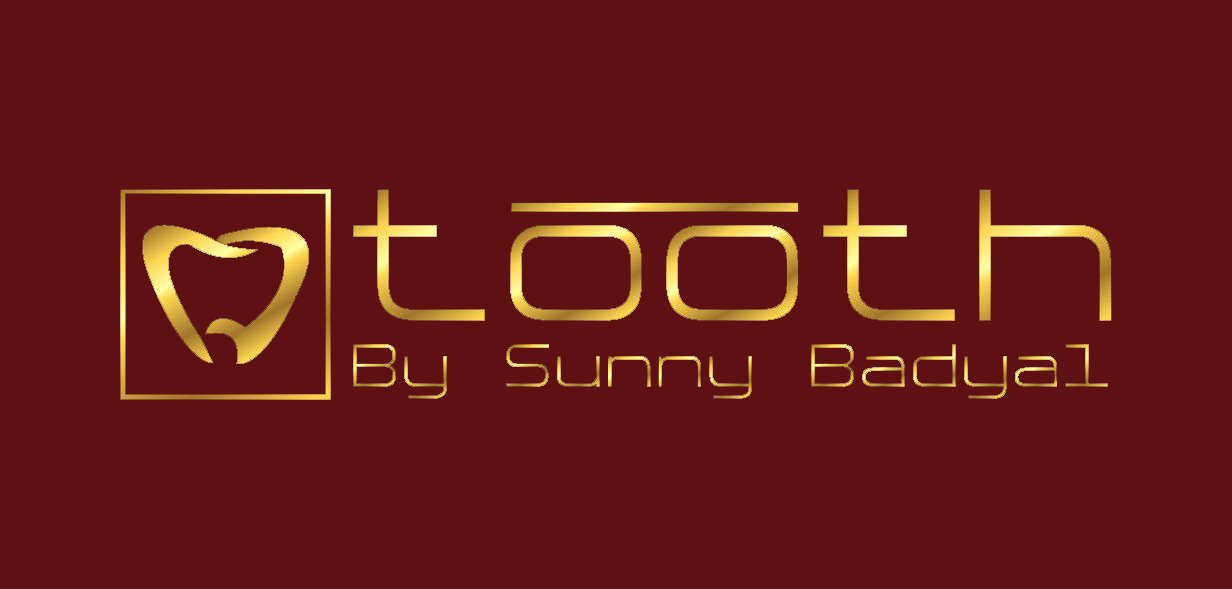Do We Need A Dentist Or Orthodontist For Dental Extraction?
- Oct 7, 2021
- 3 min read
Updated: Nov 29, 2024

Dental extractions are usually done by a general dentist or an oral surgeon. But dentists are not qualified to extract teeth from some patients with serious issues. In these circumstances, we need an orthodontist who will do a thorough examination. including x-rays and/or 3D imaging. He will then issue a referral for removal only if extractions are necessary. So in this guide, we'll discuss whether we need a dentist or orthodontist for dental extraction.
TOOTH EXTRACTION
Not all cases will require extractions - in fact, it is usually not necessary. If aligning all existing teeth is possible, then they will do it without extractions. But in some cases, tooth extraction is required for getting straight teeth with long-lasting results.
Your orthodontist will consider how best to fit the other teeth into their healthy, correct positions, with the least possible disruption to the mouth or the facial shape and tongue positions. With the help of 3D modeling, they will determine which extractions will be the most helpful. We recommend to book Wisdom Tooth Extraction Appointment Roseville CA for painless procedure.
WHICH TEETH GET EXTRACTED?
Which teeth are extracted depends on the specific case. Commonly, the premolars (the 4th and 5th teeth in order from the front) are the most likely to be removed. In some cases, a back molar may also be removed in addition, or instead, of the premolars.
ALTERNATIVES TO EXTRACTION
It may be possible to widen the dental palate to make room for the teeth without extraction. This is more commonly effective in children whose bones are still growing and can thus adapt quickly to the expansion of the palate. For adults whose bones have stopped growing, this may be less effective.
Some surgical procedures can add bone to the palate, allowing for more expansion in adult palates. It is also possible to shift the teeth further back into the mouth using orthodontic care (called Distalization). This gives more room for crowded teeth rather than extracting them. While these are newer treatments, both of these procedures are effective.
WHEN AND WHY IS A TOOTH EXTRACTION NECESSARY BEFORE ORTHODONTIC CARE?
Only a few cases require extractions. Tooth extraction is necessary to achieve the right results when keeping them will not allow for straight teeth and a healthy bite. Only severe dental crowding requires extraction. Patients will be given local/general anesthesia to rid of any pain during the extraction. When the anesthesia wears off, you may feel some pain or discomfort, but this can be easily treated with any over-the-counter pain medication such as Advil or ibuprofen. Follow the directions of your dental professional to ensure proper healing.
Orthodontists are trained, licensed, and experienced with treating cases requiring extraction. But they don't typically perform the actual extractions. Instead, after determining which extractions will be necessary, they will refer you to another dental professional, usually a general dentist or an oral surgeon. They will perform the extractions. When done, you will need to return to your orthodontist. You can book an appointment for Implant Supported Dentures Roseville CA easily.

CONCLUSION
Both Orthodontists and dentists undertake the same training initially. But orthodontists complete further training after graduating from dental school. To become a dentist, a person must complete four years of undergraduate education and four years of dental school. After completing their studies, dentists must pass a rigorous written exam and a clinical licensing exam before being qualified to practice. A qualified dentist will be given the title of either DDS (Doctor of Dental Surgery) or DMD (Doctor of Medicine in Dentistry or Doctor of Dental Medicine).
Both orthodontists and dentists help patients improve their oral health, but in different ways. Dentistry is a broad medical specialty that deals with the teeth, gum, nerves, and jaw. While orthodontics is a specialty within dentistry that focuses on correcting bites, occlusion, and the straightness of teeth.






Comments